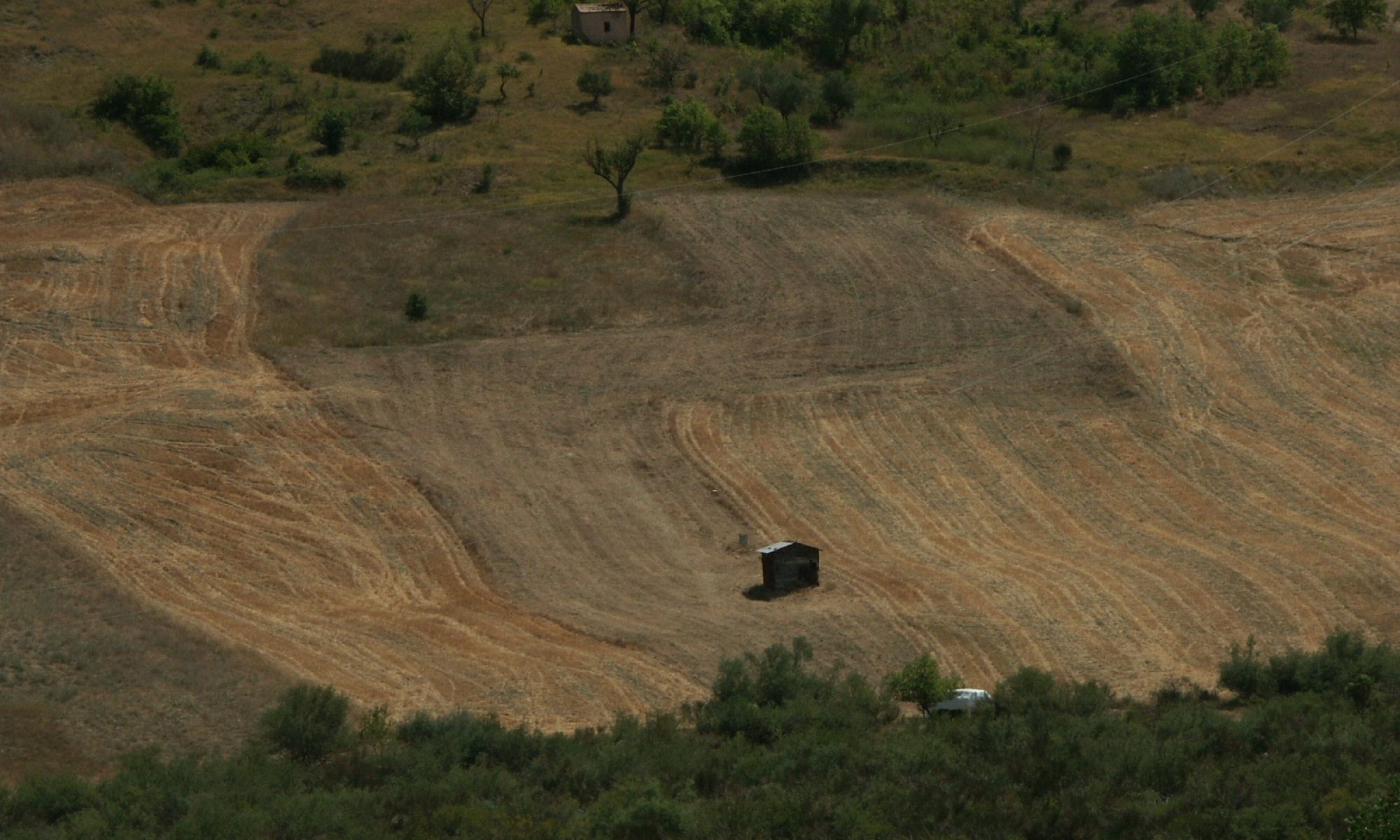Chiara Dionisi
Roma Tre University (Italy)
Michelangelo Frammartino’s Alberi
The Arboreal Rite of a Land Between Anthropological Myth and Ecocritical Tale
The proposal aims to take into consideration the last videographic work of Michelangelo Frammartino, analyzing it in the broader context of the Lucanian secular arboreous tradition and of those anthropological narrations that, in a demartinian lineage, have negoziated its history since ever. Making his entrance in contemporary panorama as an author of an undeniable attentive gaze at the interaction between human and environment, sensible in formulating a very precise language to dignify this interdependence, Frammartino imposes himself in our visual imaginary as a personality midway between the anthropologist and the poet. He has operated with directorial mastery until his latest visual symphony: a lyrical compendium of ”cinema of the real” that confirms the cinematographer’s affinity with the ancestral rites of our Bel Paese celebrating the vitality of the world. The intent, is thereby to advance an ecocritical interpretaion of the film in relation to the regional arboreal ritual and its declinations, by offering an interweaving of stories that seem to dialogue with the political project of Luigi Di Gianni and the agrarian Mezzogiorno: the reactivation of ancient popular customs, the new symbolic and social significances they inhabit within the local community, the representation of a territory as a cultural heritage, as landscape deemed worth preserving; every single aspect cooperate to weave a tale where the adoption of a precise aesthetics is also an ethical statement.
Truthfully, ecocriticism is a methodological approach born in the midst of literary theory to use the narrative potential of literature in order to trace the aesthetical and ethical implications of the human-environment relationships which have animated a determined era, making them the filter for an ”education to see” the ecological tensions of the present (Iovino, 2006). Even though this is a diciplinary perspective which had to struggle to own a voice in the Italian debate, for some time now different thinkers have finally promoted the approach, and we think the time has come to account even the point of view of visual arts; point of view we advance in this proposal by welcoming the opening of this conference. In fact, it is necessary to fill the void of a sistematic cultural discourse on the relations between ecocriticism and cinema studies, so to see in which tangles of the Italian thinking this research horizon may find a place. The idea is to offer a contribution to this barely crossed sea in Italy, and we feel that starting from the poetics of Frammartino, it is a good viatic to relaunch insights on the earliest emotigenal tradition of humankind: the ability to tell stories in relation to the worlds that house us.
Chiara Dionisi earned her Ph.D in Visual and Environmental Studies – cinema and visual culture curriculum at Roma Tre University [Landscapes of the Contemporary City. Policies, Techniques and Visual Studies, doctoral programme promoted by the Department of Phylosophy and the Department of Architecture] with the thesis The concept of animism in the theory of cinema. Aesthetics and writings of the sensible between visual studies and environmental thought. Her research horizons contemplate historical and theoretical studies of cinema and visual arts in relation to environmental humanities, landscape studies and literary theory. She attended conferences in line with her scientific interests and published essays in journals and collective volumes. Currently, she is looking more specifically at the area of Italian Studies, by reasoning on the different modalities where take place the relationships between the proper ecocritical Italian thinking and the national filmic production.
